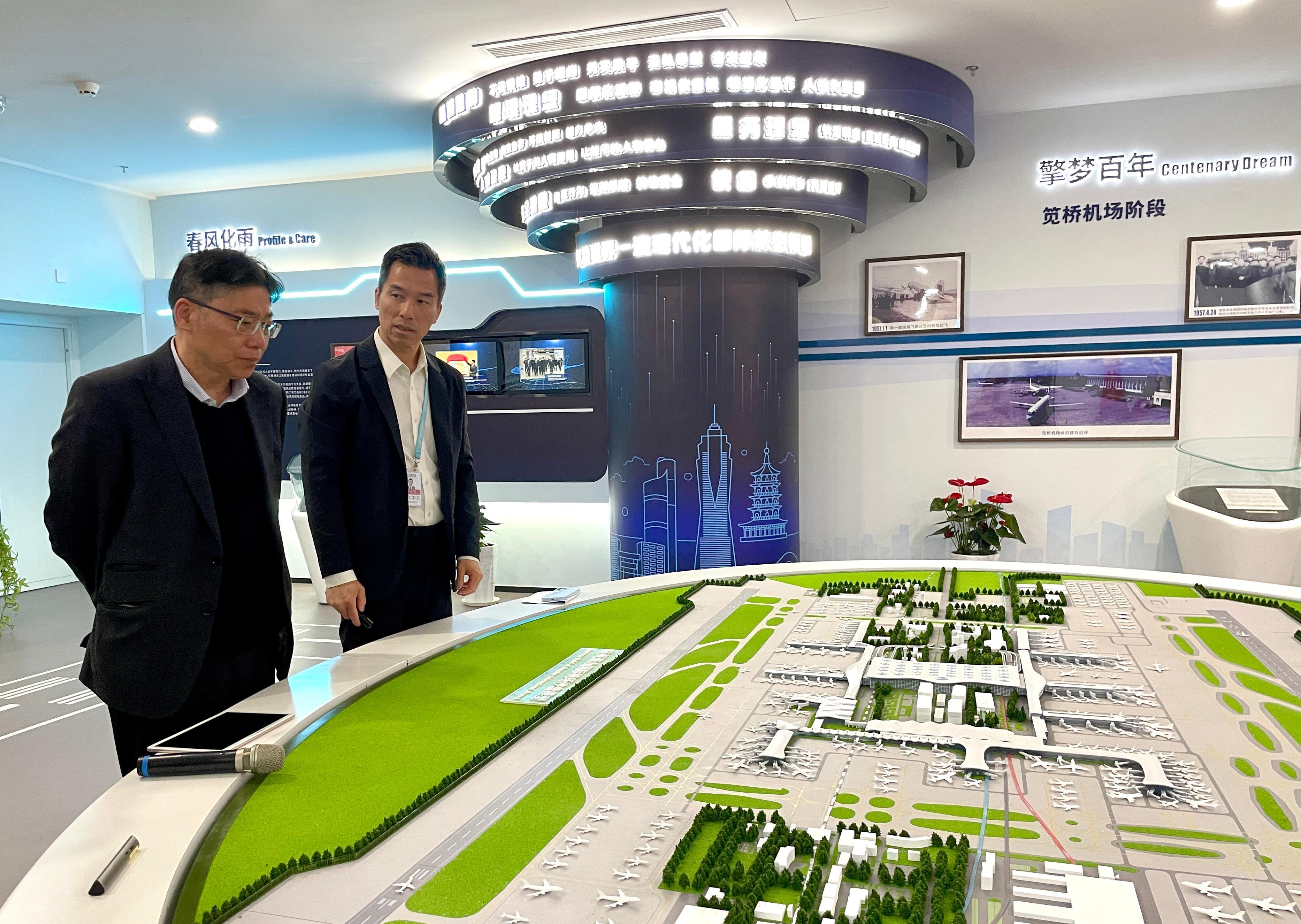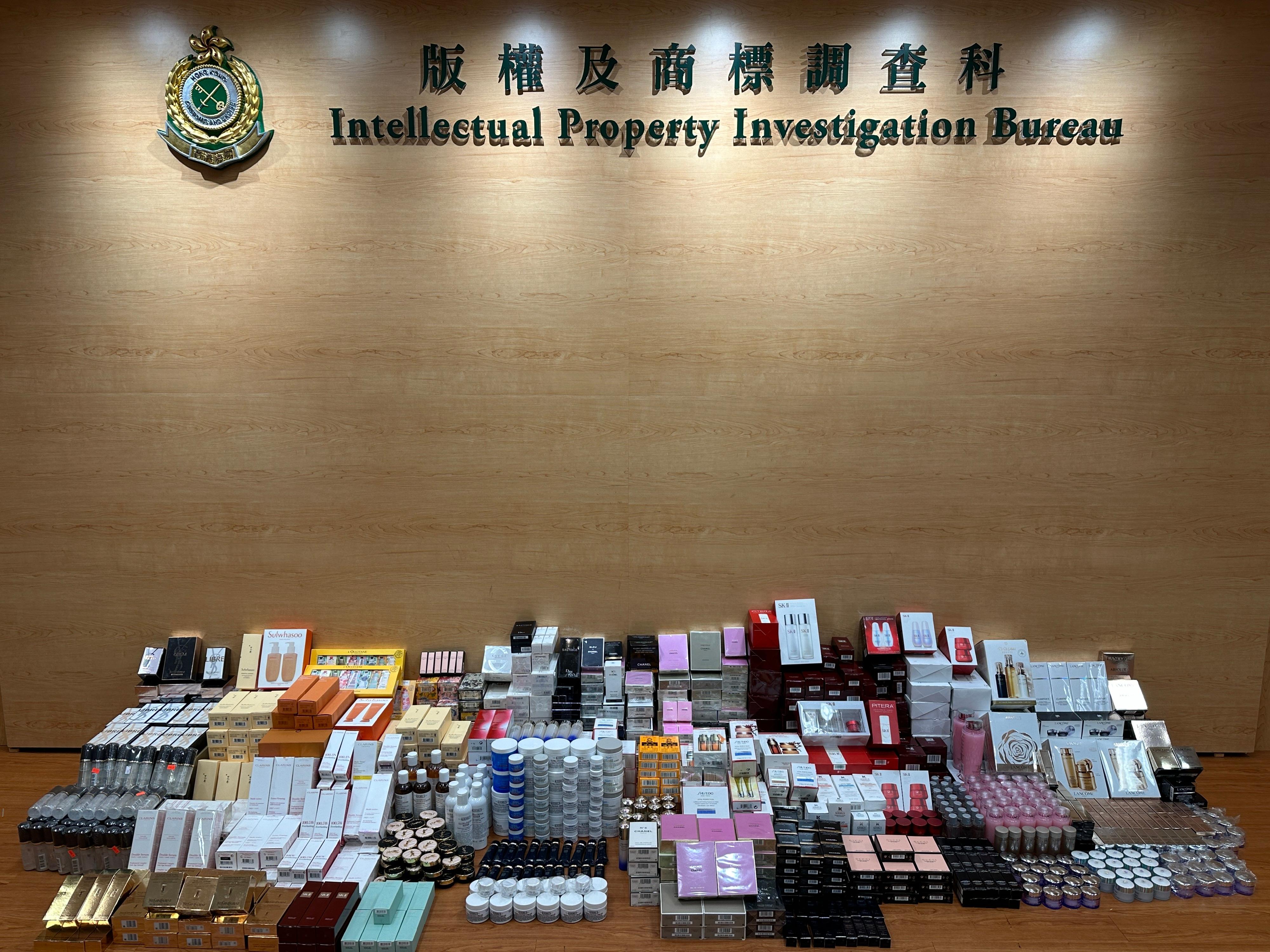Hong Kong’s latest foreign currency reserve assets figures released
The following is issued on behalf of the Hong Kong Monetary Authority:
The Hong Kong Monetary Authority (HKMA) announced today (December 7) that the official foreign currency reserve assets of Hong Kong amounted to US$424.6 billion as at the end of November 2023 (end-October 2023: US$416.0 billion) (Annex).
Including unsettled foreign exchange contracts, the foreign currency reserve assets of Hong Kong at the end of November 2023 amounted to US$424.4 billion (end-October 2023: US$416.0 billion).
The total foreign currency reserve assets of US$424.6 billion represent about six times the currency in circulation or 40 per cent of Hong Kong dollar M3.
****************************************************************
At present, four press releases relating to the Exchange Fund's data are issued by the HKMA each month. Three of these releases are issued to disseminate monetary data in accordance with International Monetary Fund's Special Data Dissemination Standard (SDDS). The fourth press release, on the Exchange Fund's Abridged Balance Sheet and Currency Board Account, is made in accordance with the HKMA's policy of maintaining a high level of transparency. For the month of December 2023, the scheduled dates for issuing the press releases are as follows:
| December 7 | SDDS International Reserves (Hong Kong's Latest Foreign Currency Reserve Assets Figures) |
| December 14 | SDDS Analytical Accounts of the Central Bank (Analytical Accounts of the Exchange Fund) |
| December 29 | SDDS Template on International Reserves and Foreign Currency Liquidity |
| December 29 | Exchange Fund Abridged Balance Sheet and Currency Board Account |





